The OST for Season 1 of The Lord of The Rings: The Rings of Power features work from composers Bear McCreary and Howard Shore.
While McCreary has crafted Season One’s score, Shore’s contribution to the show is the title theme. Shore has won three Academy Awards for his music for The Lord of the Rings and The Hobbit feature film trilogies. McCreary is an Emmy and BAFTA winner for his music scores on Outlander and God of War.
In this new segment, two of our Discord regulars, Reading Room Moderator DrNosy and composer Mike T, debate the show’s title theme and whether it is ‘musically’ suited to the score of The Rings of Power.
DRNOSY
The French horns.
It is that instrument that I closely relate to the music of The Lord of the Rings, particularly in the soundtrack Prologue: One Ring to Rule Them All. Hearing them again, in the first second of the Main Title, I was immediately pulled back towards the story and events that launched the Third Age — Sauron with the One Ring in hand laying waste to the armies of the Last Alliance of Men and Elves.
However, as I keep listening to the track, I start to feel something is off. This music sounds like a watered-down version of that track from The Lord of the Rings. A “lite” version of The Lord of the Rings is absolutely not what the Second Age should sound like. It is also almost completely at odds with the rest of the themes in the album.
Listening to the entire album, it is clear that McCreary (following in Shore’s footsteps with the film tracks) has created a succinct soundscape for the Second Age, complete with themes for each character and narrative arcs for the events of Season One. Shore’s theme does not seem to fit with any of McCreary’s tracks.
MIKE T
I think this might be the biggest thing driving negative reactions to Main Title, as well as the opposing negative reactions that favor the theme over the score, and it’s definitely a misstep on the part of the people behind the show, but is it a problem with the music itself?
Not from where I stand: both composers have done what they were tasked with, and done it well.
If there is a question to ask, it’s this: why wasn’t part of that task, for either of them, to strive for more musical unity with each other. For now, it seems pointless to speculate on that.
Perhaps we’ll get more insight into the circumstances of the composition eventually, or maybe we’ll even have a situation where Bear does start to weave some of Shore’s ideas in. In any case, some of us just seem more willing to “bridge the gap” ourselves, and to take Shore’s theme as a welcome bit of torch-passing that will nicely frame each episode of the series.
DRNOSY
While I take your point about “bridging the gap” between the films and the show, I simply do not see how or why they should be linked in Main Title itself.
Main Title’s fairy-esque tones simply do not fit with the characterization of the factionalized, bloodied, and catastrophic ending of the many races of Middle-earth in the Second Age. Not to mention how it completely seems to miss the themes and leitmotifs of the other peoples of Middle-earth, i.e., the Dwarves, Harfoots, Númenor, and Orcs.
I appreciate Shore’s use of the musical leitmotif representing Galadriel (ethereal ‘Elven’ feminine vocals at 0:35), but that moment also rings along the lines of a ‘fairy lady in the woods singing to the birds’, which is closely followed by ‘evil has come to the woods and it threatens the lady and her birds’ (0:53). It is the ultimate mischaracterization of the Galadriel of the Second Age, especially as the Galadriel we meet in The Rings of Power is an Elf at war with herself.
Why is it that we don’t hear that conflict in Shore’s theme?
MIKE T
As you noted at the outset, from the very first notes heard it is clear, from both the voicing of the chord and the way it is orchestrated, where this music is supposed to take us. It follows exactly the rhetorical and stylistic precedents Shore first set over 20 years ago. And yes, his writing is indeed always committed to very tightly-woven leitmotivic processes. His Main Theme does in fact seem to make reference to a number of musical structures that are present in his previous Middle-earth music, related to the various story elements you mention.
Whether this is explicit enough for every listener, I certainly can’t decree… but there is an argument to be made for their presence (the specifics of which I will not bore readers with here!).
As for your feeling that the theme mischaracterizes Galadriel, I would simply argue that the vocal element in question is not meant to represent Galadriel in the first place. It sounds to me more like an incidental orchestration choice by the composer, rather than being intended as a direct evocation of anything or anyone previously associated with that specific color, and likewise, the darker turn you mention is a more abstract musical turn to represent the overall tumult of the events of the Second Age, not anything specific to Galadriel’s arc.
The whole piece in fact centers around this dramatic “triptych” structure, in which we are introduced to familiar-sounding material which begins confidently but then takes a darker turn, and is briefly restated in a more pure way before ending in a quite unresolved place.
This feels like an apt encapsulation of what we’re going to see play out here, a sort of grand overview of events rather than a focused musical commentary on specific characters. Does it do so in weighty enough tones for what we will experience in the substance of the show?
Again, I can’t decide that for everyone, I can only explain the possible thinking behind things.
DRNOSY
I see Galadriel as the main protagonist of The Lord of the Rings: The Rings Of Power.
If the feminine vocal element isn’t Galadriel, it would seem that Main Title doesn’t weave any element of McCreary’s sounds for the Second Age, which is curious to say the least. I was also disappointed how Main Title drastically falls short of iconic sounding title themes we hear in other fantasy/epic shows such as A Game of Thrones, The Wheel of Time, The Witcher, Westworld, His Dark Materials, The Sandman, and others.
The whole purpose of title music is to leave a lasting impact or memory of the show on the audience every single time they tune in to watch. I still remember how I binged the entire glorious Season One of The Crown in one night. At that time, I did not dare to skip the titles (even to save time) because of my need to let the music (and title sequence) wash over me as I savored and reflected on the episodes I’d watched previously. I did the same with The Witcher, His Dark Materials, and The Wheel of Time.
It is hard to ignore the impact of ‘good’ and ‘catchy’-sounding theme music, especially because its sole purpose is to transition the audience from the opening events of the episode (or even the previous episode) into the central story arc.
I find myself forgetting Shore’s title track music even after having listened to it about 20 times now.
MIKE T
It’s true, there are ways to open with a bang and to set up a musical hook that will immediately grab the audience. It may simply be that Shore’s approach as a composer tends more towards subtlety than the expectations formed by the examples you mention, for better or worse.
There are surely important musical structures in Shore’s prologue to “The Fellowship of the Ring” which, if not for the subsequent hours of music building on them, might not be clear to us as meaningful, and which would not grab us by the heart, so to speak, without that reinforcement.
I think we have a situation similar to that hypothetical here. Nothing of Howard’s new theme is, at least based on what we’ve heard so far, built on in Bear’s score.
Those elemental structures are not reinforced. We go right from an echo of the Middle-earth sound that we know, to a younger and more vibrant Middle-earth, with no real bridge between that and the grand but poignant “civilization in decline” soundworld we’re used to.
The power of familiarity shouldn’t be underestimated though. Given what I’ve seen happen with some other scores’ themes over the years, I’m willing to bet that quite a few of those who are currently unimpressed by and unattached to this one will feel differently once they’ve heard it fifty or so times accompanying each episode, when this new journey reaches its end.
About our chat participants
DrNosy is a scientist (physical science), scholar, and Tolkien enthusiast. Her primary interests lie in review and analysis of The Lord of the Rings: The Rings of Power. She is an active contributor and Reading Room Moderator on TheOneRing.net Discord where she also hosts live open-forum panel discussions on The Rings of Power, The Silmarillion, and a variety of Tolkien-related topics. You can reach her on Twitter.
Mike T is a composer and near-lifelong Tolkien aficionado. After obsessively relying on TORn for spoiler reports during the early 2000s, and pursuing a musical life in large part due to the experience of hearing Howard Shore’s scores in darkened theaters dozens of times, he is delighted to find himself back amongst the TORn community for this new journey through Middle-Earth. You can listen to his music at https://michaeltrapasso.bandcamp.com and reach out to him on Twitter.
Editor’s Note: we reported in September last year that McCreary was being brought onboard to work with Shore on scoring the series. It was rumored at the time that Shore didn’t “necessarily want to compose the whole series”. We now know that Shore and McCreary ended up composing the music separately.
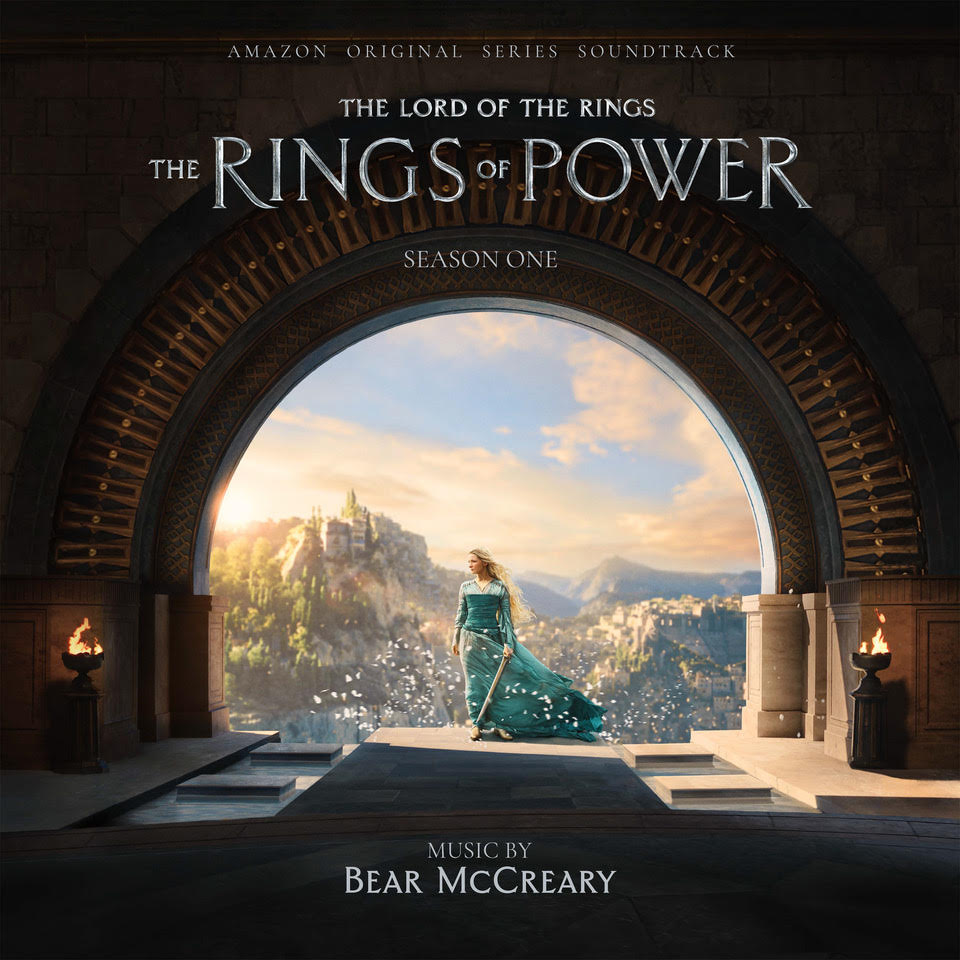



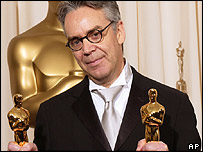
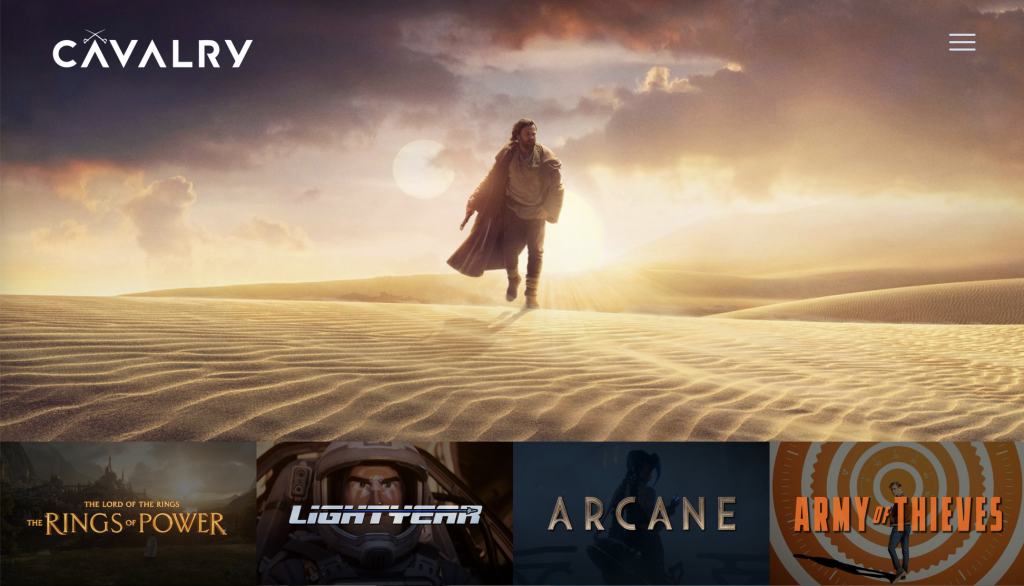
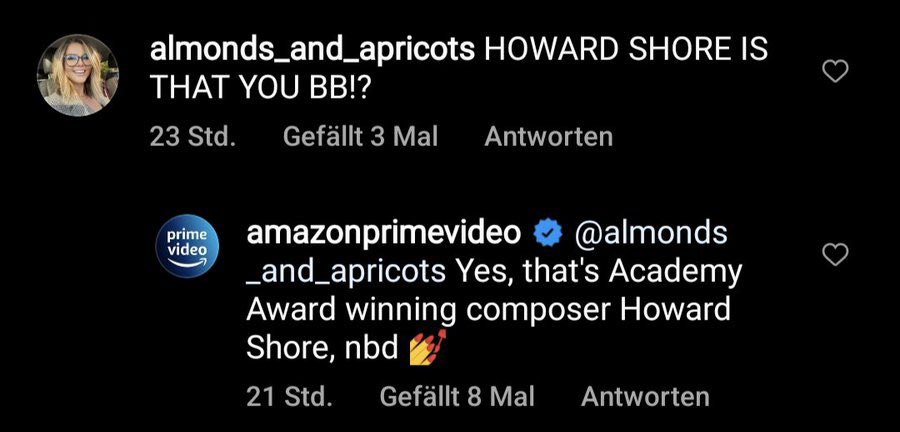
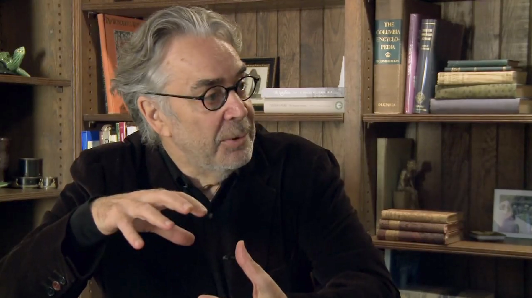
 Daisy writes: Check out the update on Howard Shore’s website about the upcoming release of the Extended edition of the ROTK soundtrack: “Howard Shore’s complete Oscar-winning score for The Lord of the Rings: The Return of the King, from the epic film trilogy The Lord of the Rings, will be available in a deluxe five-disc edition from Reprise/WMG Soundtracks on November 13, 2007.
Daisy writes: Check out the update on Howard Shore’s website about the upcoming release of the Extended edition of the ROTK soundtrack: “Howard Shore’s complete Oscar-winning score for The Lord of the Rings: The Return of the King, from the epic film trilogy The Lord of the Rings, will be available in a deluxe five-disc edition from Reprise/WMG Soundtracks on November 13, 2007.